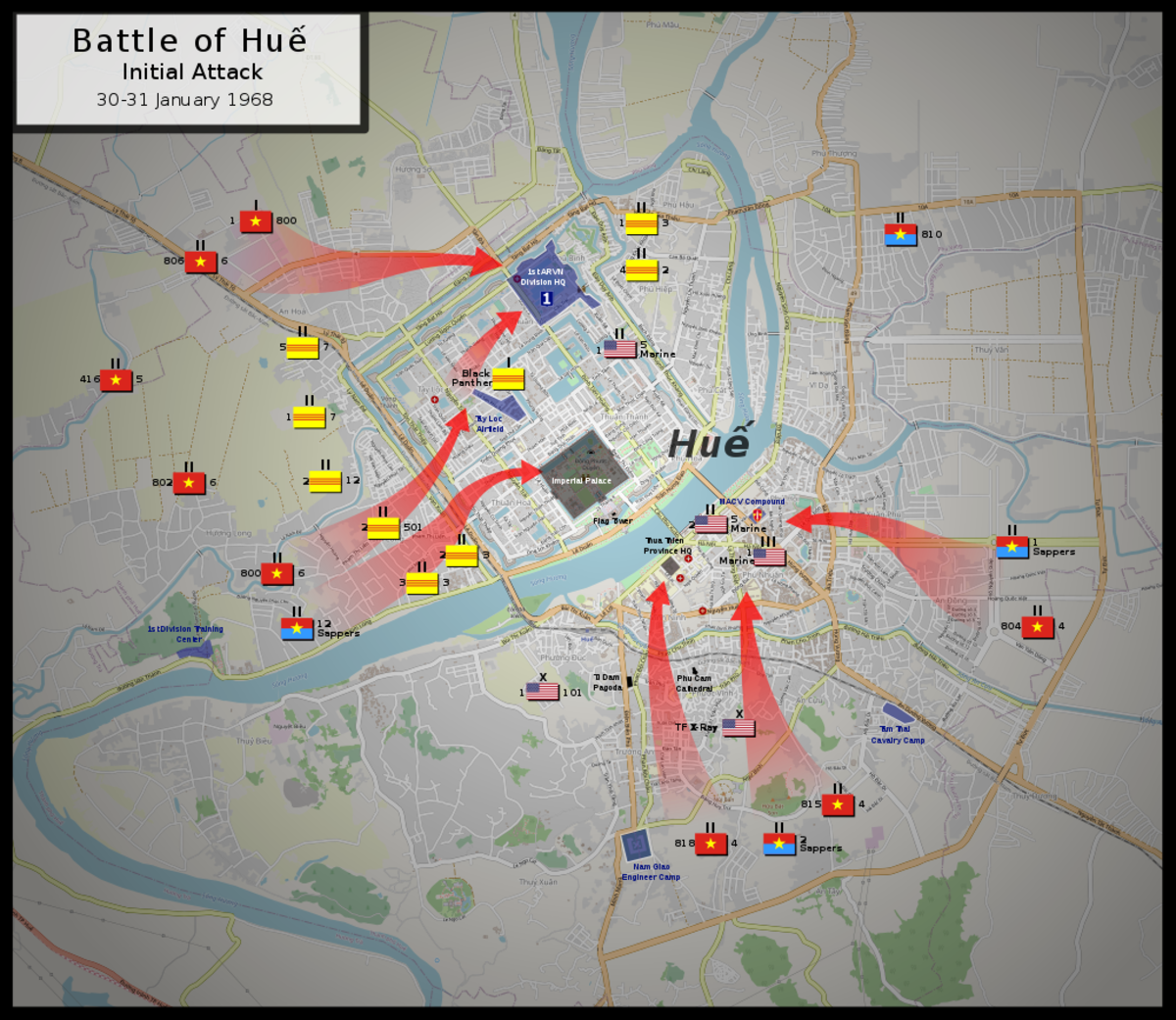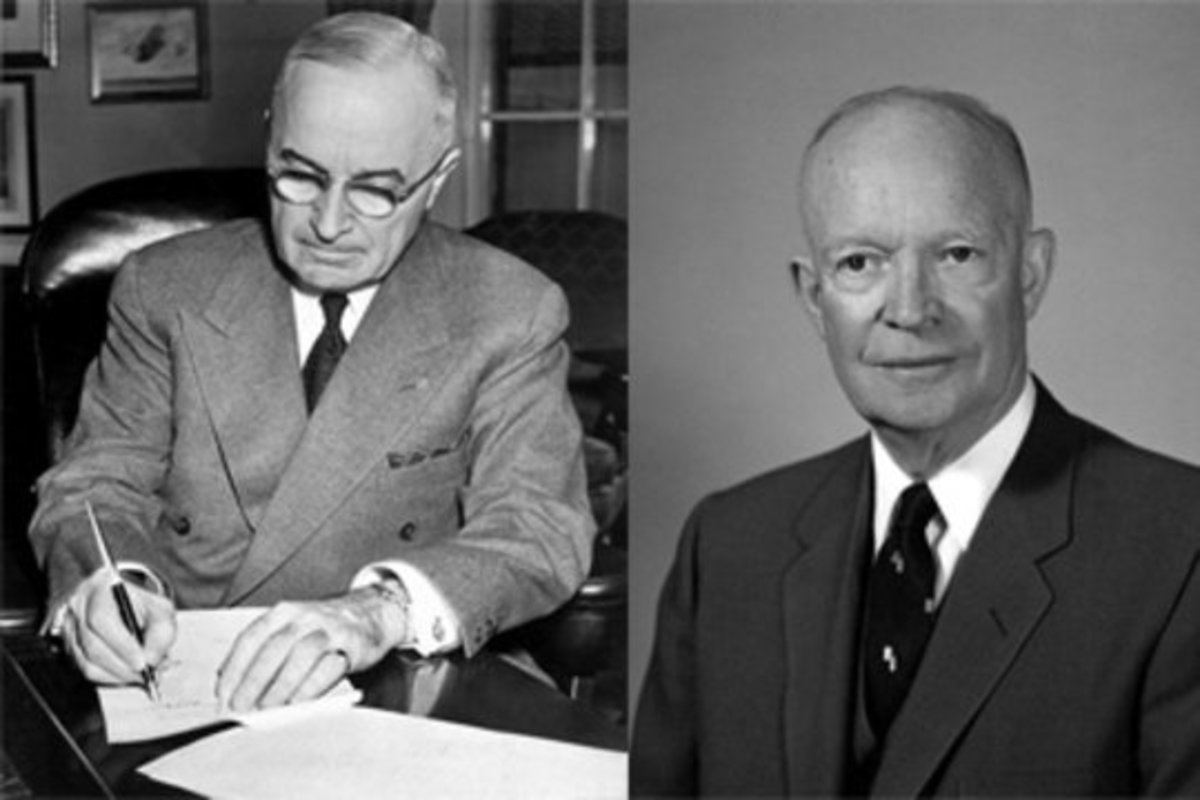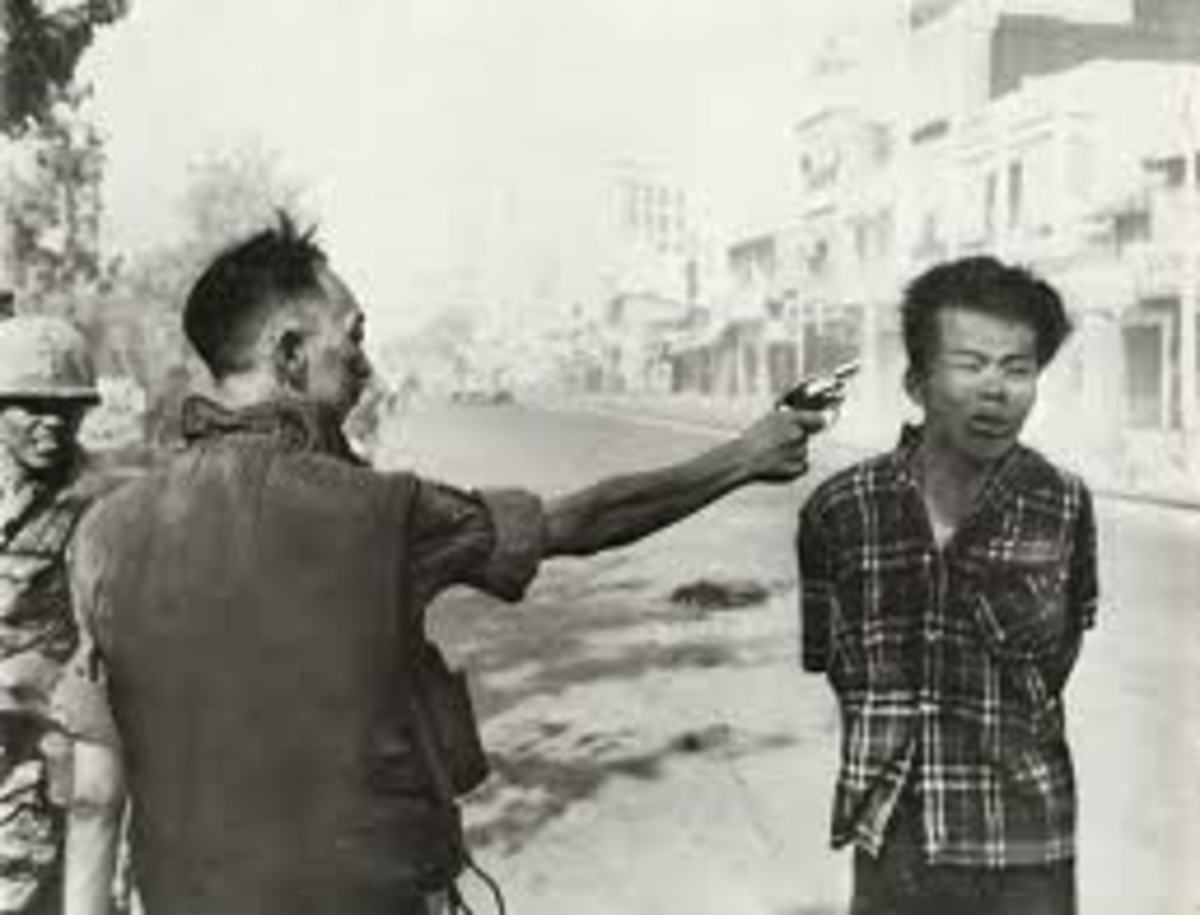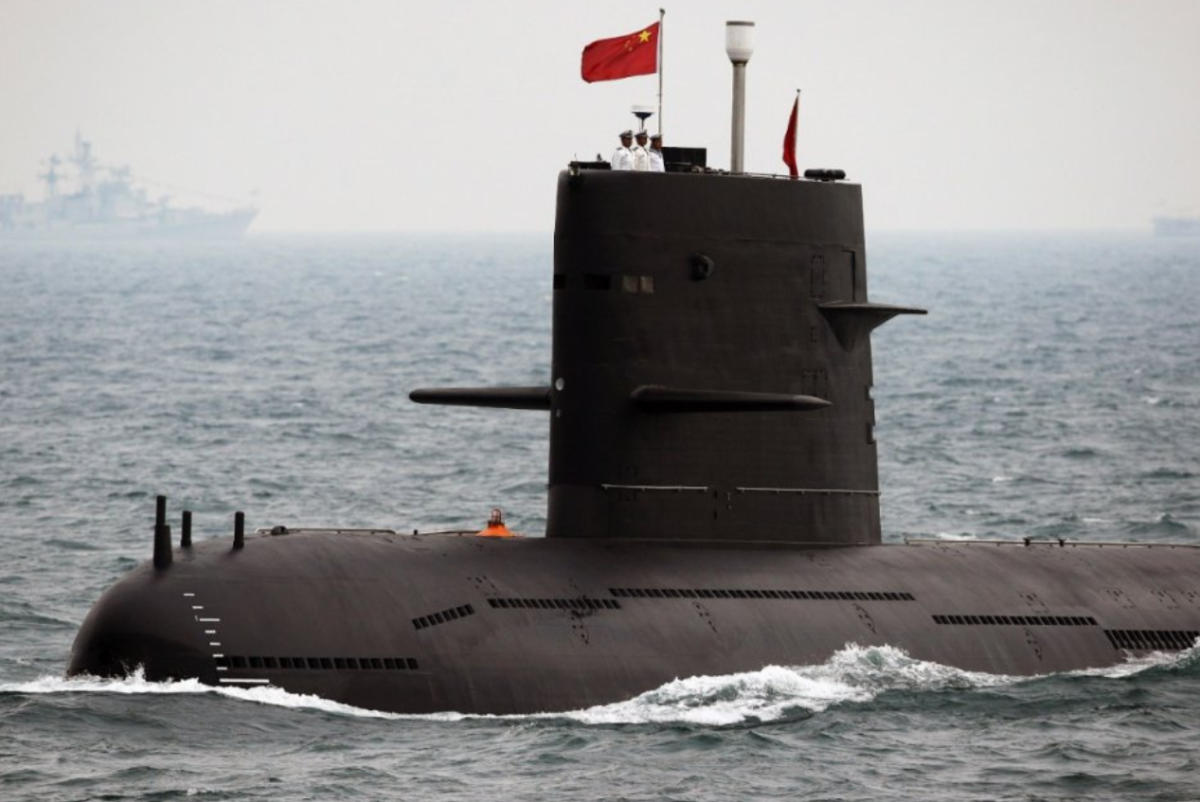Missing Americans
treated with neglect
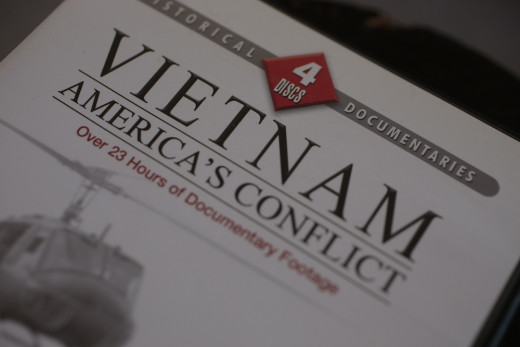
The War is Never Over
It was the Nixon administration that did the hard work of peace-making, and like waging war, it turned out to be different than anticipated. Hostilities ceased, and each side made concessions on the way toward normalization, which did not actually occur until much later. But in the late eighties and on into the nineties, prominent politicians still harped on the same topic that could never achieve closure in the 1970s -- namely, the POWs, MIAs, and BNRs or those who fell under the rubric, body not recovered. Of the latter, most were considered KIA, killed in action. But there is no evidence to support even the most logical points of view. To Americans, there will be no peace, not really, until a greater degree of satisfaction is achieved. This may never happen, since new revelations are not forthcoming. So the sting of peace, unlike but not dissimilar to that of war, lingers.
To read up on this subject is to at the very least discover just how pertinent prisoners of war were in the War in Vietnam. In the sixties, captured Americans were paraded through thoroughfares by armed North Vietnamese. Usually documentary photographs or films slant one way or another, but these clips completely divided television viewers. Some thought it all the more reason to fight; others thought it all the more reason to stop fighting. Then wives of prisoners got attention. It seemed as if they could open any door to the very top of the political heap. But what is missing from almost every account of this terrible ordeal that unfolded over many years is Hanoi's "take" on the matter. Or China, for that matter, which knows more than it is saying. At the time, "Charlie" cared little for the Geneva Convention and made use of prisoners in an ongoing bloodstained process of barter, ever willing to exchange someone for something. But later, in the aftermath of the war's end, the "other side" only reluctantly, on sporadic occasions, agreed to cooperate. In other words, the North Vietnamese never came clean, while here at home, one politician after another got into meaningless heated mudslinging.
The numbers attached to this ugly mess are also disconcerting. In March of 1973, military forces were withdrawn and over five hundred POWs came back. But war's bookkeepers were not impressed. Well over a thousand soldiers were unaccounted for. Almost as many had been declared dead without a body to confirm it. It appears in retrospect that the NVA had been greatly underestimated. We know what we think or thought at the time, but what about the enemy and his families? They excelled at inflicting pain on Americans, either in the field or on the screen. Probably they had their reasons. Our forces were effective. But now that hostilities have terminated, how many of their young men and women would be willing to again bear arms for the sake of Communism? The answer is very few, if any. How lucky for sentimentalists still attached to the good fight against Yankee imperialism that the focus of attention has shifted to other countries and conflicts.
Wars end only when the memory of them has totally faded. This one has a ways yet to go.
Some made it
The Seventies
The fighting was launched in the sixties. Who knows if it was a counter-culture movement by the old guard, smeared daily by a growing rebellion whose existence affronted it? Liberals were gaining momentum back then while Conservatives often seemed lost in an over-idealized past. Some put into uniform came from the disorderly ranks of non-conformity, others from Muskogee. But the general idea was to stop Communism, rapidly eating up the planet. And the villain, depicted by belligerent pacifists and militant Reds alike, was the United States, widely regarded as responsible for every bad thing. The inevitable rite of passage into fiction and film took a while. Eventually there was A Rumor of War, by Philip Caputo, in print, then Go Tell the Spartans, Apocalypse Now, The Deer Hunter, Platoon, and Hamburger Hill on screen, in addition to others. But for the longest time, the subject matter was too hot to handle. This war might well have gone on forever, echoing the dystopian fiction of Brave New World and 1984. But the main initiative for peace came from America, and only later could objectivity be achieved both in art and history. And to be honest, it is impossible to eliminate subjectivity when addressing the Vietnam War. The first few attempts, whether books or movies, are still interesting, and even more so, actually, in a world purged of Communism.
The Eighties
As a measure of how vibrant the war's aftermath remained, consider Rambo II (1985). In this movie, Rambo (Sylvester Stallone) is sent back to Vietnam, where, against orders, he rescues POWs. The plot also owes something to the notion that a secret deal had been made between North Vietnam and the United States, reneged on by the latter. It involved so many billions offered for reconstruction that, had they been paid, the full return of all POWs would have been assured. This is one of the murky, infertile mental terrains of the 1980s that yielded next to nothing save numerous theories piled very high. Still, it would be a mistake to dismiss all but the wildest scenarios in mind completely out of hand when the sad fact persists that not all who went to Vietnam were accounted for, dead or alive. But the main burden rests not on the United States, which has tried hard, but Southeast Asia, which probably regards itself as the greater victim, and therefore not obligated in any way, shape, or form.
getting on each other's nerves
In strong headwinds, it is hard to find an anchor. Citizens took sides on the war and could not stand the sight of one another. This was a major factor given that the enemy knew opposition to the war in the US was strong. Still another factor had to do with North Vietnam's anger at America and Americans. The VC was never at any time averse to atrocity. In the absence of American victims, they would still manage to cross the lines beyond which civilization cannot venture. Thus, there has always been the fear and dread that those not accounted for met with an unspeakable fate. Naturally, in war time, no lines are safe, respected, or held sacred -- hence one of the arguments in favor of its abandonment. This would explain the endless mystery as well as the awful silence. If so, the responsibility to tell what happened still belongs to the East, not the West, despite the latter's former lack of unanimity.
protests put to music
- Country Joe & The Fish Live @ Woodstock 1969 Fish Cheer_I-Feel-Like-I'm-Fixing-To-Die-Ra
Country Joe & The Fish Live @ Woodstock 1969 Fish Cheer_I-Feel-Like-I'm-Fixing-To-Die-Rag
8500+ miles away
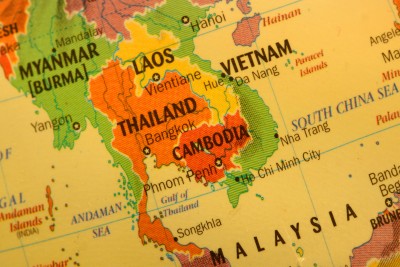
reflections in an arm chair
To be an armchair warrior is nothing to brag about. But at least the written word keeps the mind active. Rambo was, after all is said and done, a movie character, however memorable. But to thumb through Until the Last Man Comes Home, written by Michael J. Allen, and published in 2009, is to come across descriptions of Articles 21 and 8 of the Paris Agreement, having to do with payments and POWs. The fact that they are unclear fires the imagination and makes one wonder about art and truth. Sometimes their relationship, if comparable, is purely coincidental; at other times, they have an uncanny way of working hand in hand. But it is wishful thinking to think so simplistically. To date, there is no statement, in words, imagery, or song, that sums up this whole saga in which the ends dangle untied. In fact, as the author presents his material, it only gets worse. Some of the repatriated remains, which arrive in minuscule numbers, were only handfuls of bones. But he also points out that the Viet Cong had many more soldiers unaccounted for than the US. If only one could take comfort in that. The numbers game is generally heartless regardless of how it is played.
Missing Communists
War and Peace, by Leo Tolstoy, deals with the invasion of Napoleon's French forces. It succeeded. The Russians, under Czarist rule in the early 1800s, both burned and evacuated Moscow. They left, but were not gone, and indeed, came back, victorious. The 1980s were hard on the USSR, so much so that in the early nineties, it collapsed. By now, the New World Order seems, with the large exception of China, if not free, then free from Communism. But what about the once-dreaded Reds? Are they gone forever? As a potent worldly power, that is. Or, after a reasonable hiatus, should they be expected to return?




